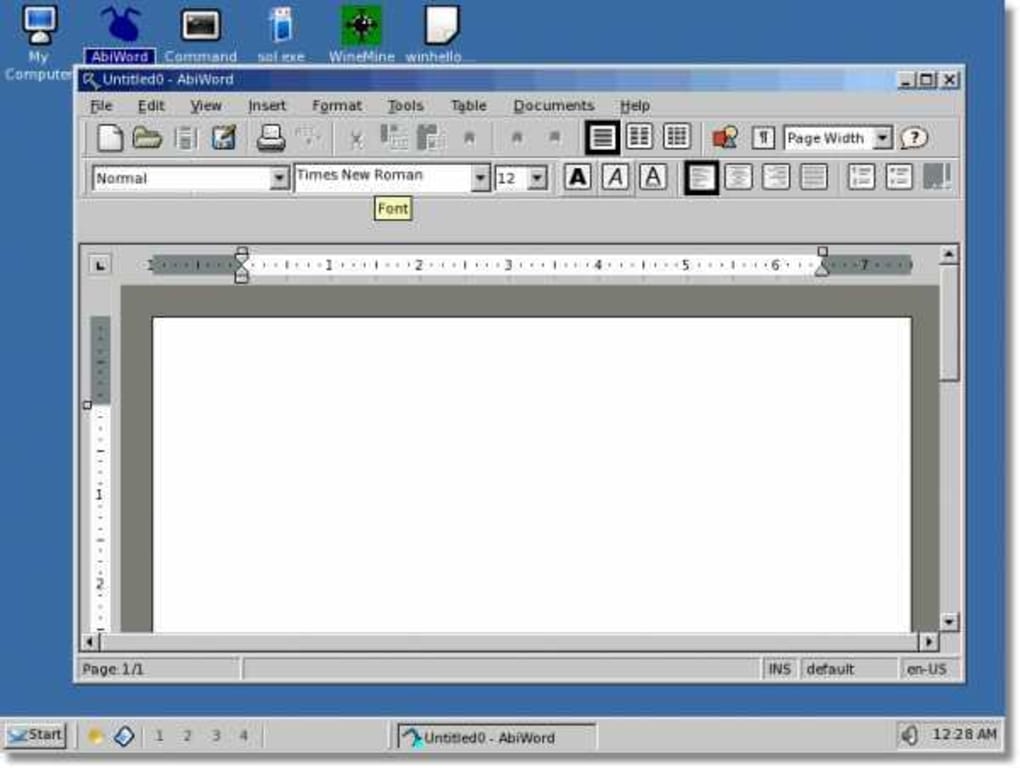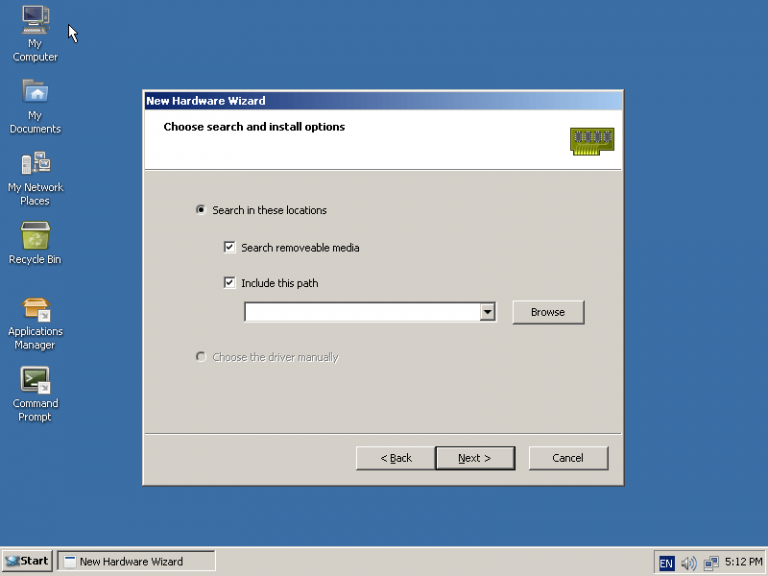
- #Reactos hardware compatibility android#
- #Reactos hardware compatibility trial#
- #Reactos hardware compatibility windows#
That difference does not suddenly force the hand of Google-or anyone-to keep dragging around Oracle/Sun's failed attempt at a mobile platform and maintaining compatibility with it.
#Reactos hardware compatibility android#
All the incompatibilities of Android? There's nothing that keeps the same breaking changes from being made in our hypothetical world where Android used the blessed license instead of the one from their preferred implementation. Which means no one actually ever needed to get Sun or Oracle's permission to do anything. It uses a different open source license, but it's open source nonetheless. And it's been open source the whole time. They (you) all complain about Android ripping off Java (to the tune of a multi-billion dollar copyright infringement lawsuit), but invariably the argument comes around to the real thing that's bothering them and which they try to wrap up in a bunch of claims about infringement-and what's actually got everyone (besides the money grubbers) fuming is the intentional incompatibility-in other words, that Android didn't copy enough! You wanna try squaring that circle? Which brings us to another another thing.Īndroid today is now based on the "proper" codebase, as mentioned above.
#Reactos hardware compatibility trial#
That includes Gosling + the subset of the Sun/Oracle fan club who sat on the stand during trial + and the perennial commenters who parrot the same talking points on Hacker News. People who complain about Google's use of the Java APIs can't seem to get their arguments straight. You responded to a question that wasn't answered by talking about being unable to undo the past-which only makes sense if they had been pressing you for an answer to what would happen if Google called it a wrap on Android today, but that wasn't the question. Harmony was dropped years ago, and Android has been rebased onto Oracle's own anointed, conflict-free codebase.Īnd you dodged the previous question where the commenter was asking for an honest assessment of mobile Java. > If the Supreme Court rules for Oracle, Android is copyright-infringing Google spent a lot of time arguing for, and would be perfectly fine with, a simple remand based on the Federal Circuit's standard of review of the jury's fair use verdict. The temptation from the outside looking in is to think/hope/dread that the court will just resolve these questions once and for all, but they often prefer to resolve cases on narrower grounds, where available. The sense of how much Android actually "mattered" in this sense goes right to the "effect on the market" prong.Īs for the broader case, both the copyrightability and fair use claims have been presented to the Supreme Court here.


#Reactos hardware compatibility windows#
My position is that it doesn't really change things all that much, with losses by Android probably mostly picked up by Apple or Symbian or webOS or Windows Phone but the trajectory to smartphones and away from J2ME stuff largely the same. I don't mean "if you take away Android today would Java succeed on mobile?", I mean "if you retrospectively imagine Android never existed at all (or used a different language), how does Java do?"


 0 kommentar(er)
0 kommentar(er)
